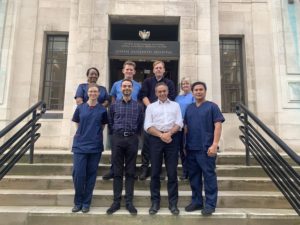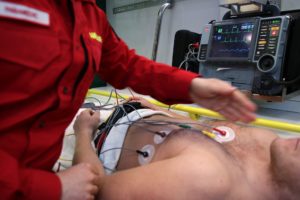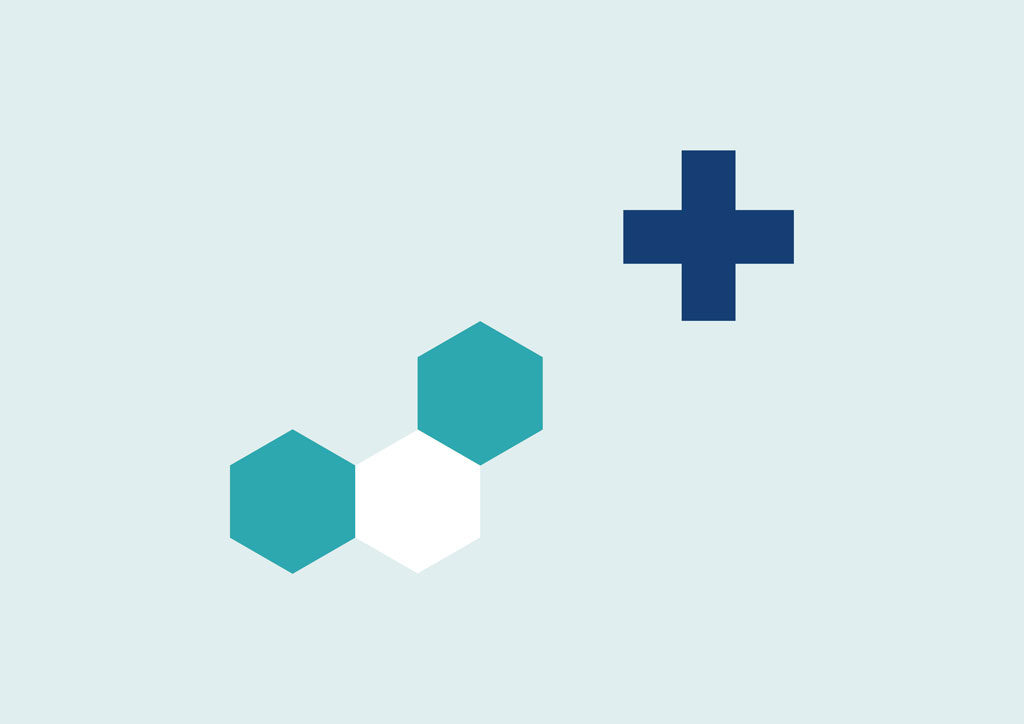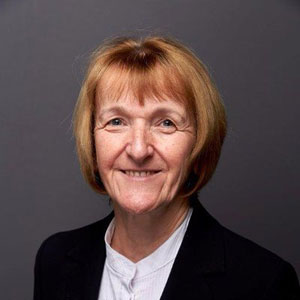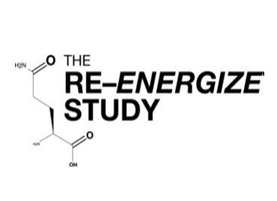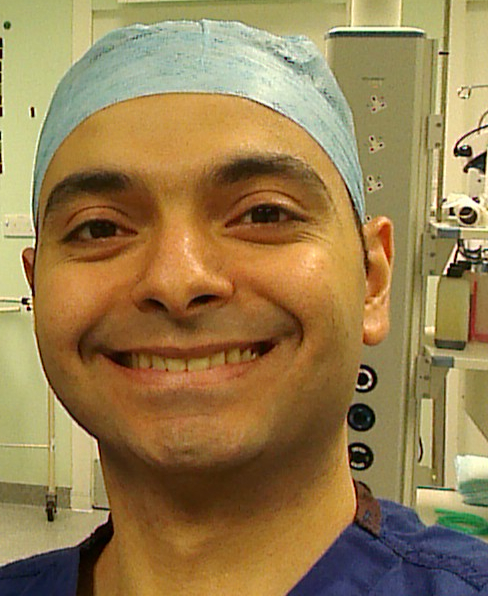
A Day in The Life of… Dr Kamal Yakoub


An initiative here at the NIHR SRMRC is to give people an insight in to what different members of our team do on a day-to-day basis. It is our hope that with this people can feel that bit closer to the research process and understand how so many different people fit in to make a big, successful research programme! Today’s person is Mr Kamal Yakoub – Neurosurgeon and Clinical Research Fellow
7 AM: When I get in, the first thing I do is screen patients on PICs or the Clinical Portal to see if any might be eligible for our clinical trials. Straight after, I go through messages from the research nurses.
8 AM: By the time I am through these messages, I will have identified specific patients who could be included in a clinical trial. In trauma research it is quite typical to have to approach a patient’s family or personal/professional legal representative for consent. This is because our trauma patients are often very sick and cannot consent for themselves. We have to make sure that we explain all the trial details in clear and simple language, therefore enabling patients and their families to understand the study and to confidently decide to participate or not. This is especially true for interventional or medicinal trials. The time taken for consent can be especially challenging in some of our time-sensitive trials, such as NOSTRA III. In this trial we have a relatively narrow window of 18 hours from the onset traumatic head injury until the first drug infusion, so effective use of time is crucial.
12 PM: In the afternoon I see patients at the famous Birmingham Sport Concussion Clinic, led by Prof Tony Belli. The clinic is open to professional, semi-professional and amateur athletes aged 16 years or over from all over the country. We also get players from abroad coming in if they are in the UK for a match and suffer a head injury. This is actually the only dedicated NHS sport concussion clinic in the UK. We’ve had a few celebrities, but obviously I can’t say who! Sometimes we recruit concussed athletes in to the RECOS (REpetitive Concussion in Sports) study to investigate different concussion biomarkers in blood, urine and saliva and try to correlate them to a battery of neuropsychometric assessments and neuroimaging using the 3T MRI machine. So, it’s not only a regular outpatient clinic but a sports concussion research clinic as well.
6 PM: The clinic usually runs for around 6-7 hours. When I finish, I jump back in to some other research projects. Right now I’m doing some local, national and global audits on patient outcomes in neurotrauma. I’m trying to do about 10 of these; I’m finishing up on 5. I hope this kind of data will help us better understand the way head injuries progress and allow us to identify possible interventions to prevent them happening.
8 PM: After a long day I really like to read but I also play a lot of squash to keep active. I find it relaxes me and improves my focus for the following day. I’m really happy here at the SRMRC, and to be part of such a great team of dedicated individuals feels like a real privilege.

